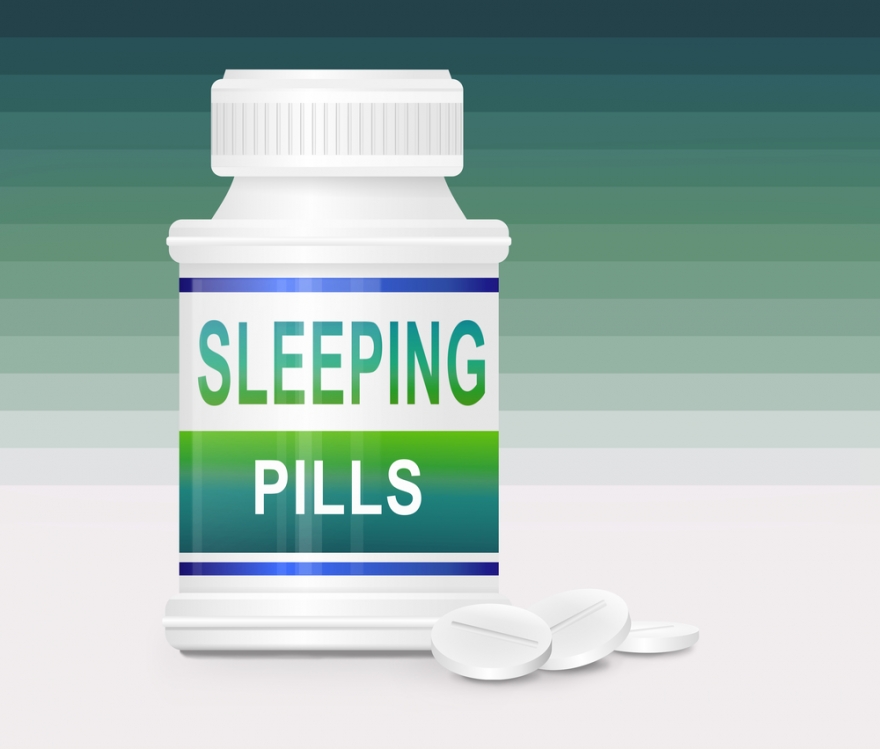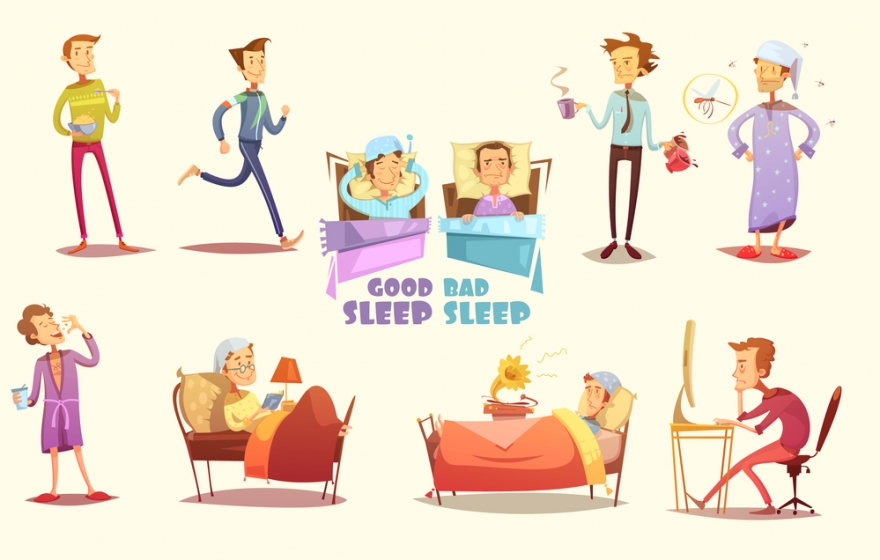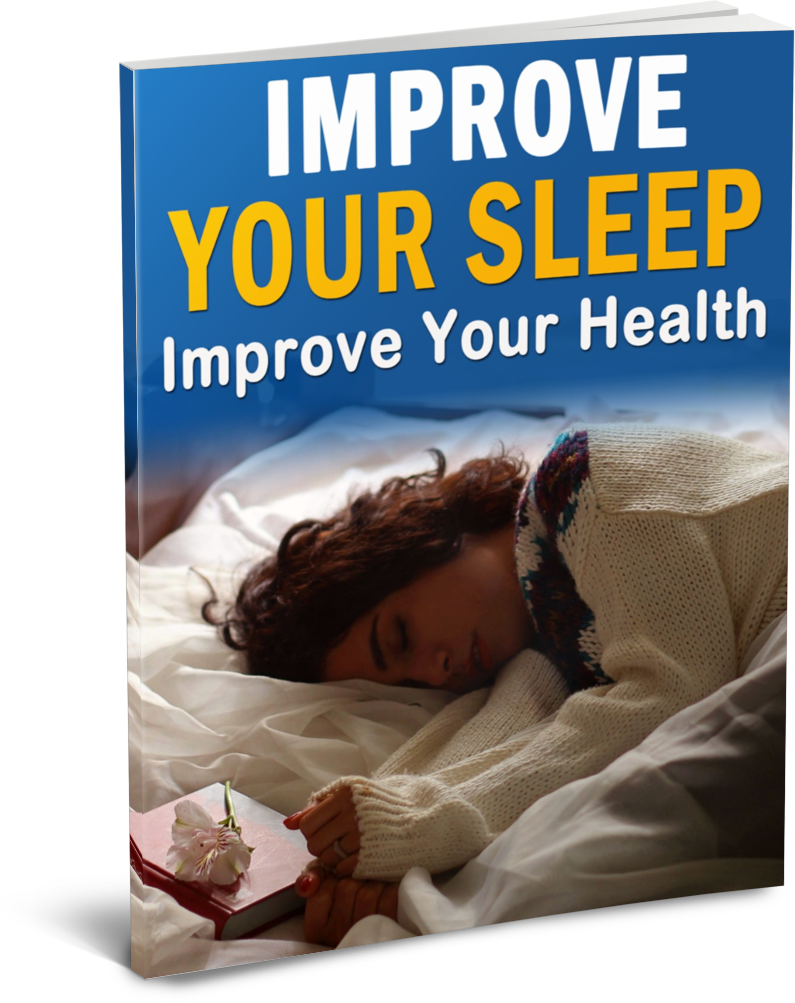|

3 Things to Consider Before Taking Sleeping Pills to Improve Your Sleep
Rev. Dr. Kitty Boitnott, NBCT, RScP
Heart-Centered Career Transition and Job Search Coach | Certified Life Strategies, Stress Management, and Sleep Science Coach
Sleep is a natural process. But it seems so elusive sometimes, however. That is why the pharmaceutical companies keep coming up with new chemical remedies for sleep. Sleeping medications (prescription and non-prescription) should not be your first go-to, however. If you suddenly find yourself having difficulty falling asleep or maintaining your sleep, you may feel like you are ready to try anything. Before taking anything, you should have a conversation with your medical doctor. He knows your medical history and lifestyle challenges. She can run tests to see if something is going on with you to cause your sudden sleeplessness.
Before deciding that sleeping pills are required, here are some things to ask yourself first:
-
Are you looking for short-term results?
Over-the-counter or prescription sleeping medications may help you in the short-term, but you are not fixing the cause of your sleeping problems. For example, sleeping aids may help with temporary issues such as jet lag, or adjusting to a shift change at work, but they should never be a long-term solution.
One concern is that some sleeping medications result in dependence--even addiction. The side effects of the medications can also be problematic. For example, the effects of the medication may not wear off before morning. That means you may still fee sleep and it is unsafe to drive. Some people have also been known to do things while under the influence of sleeping medications, such as eating, texting, and even having sex while asleep!
- Have you tried making lifestyle changes?
Many sleeping issues can be resolved or improved significantly by adjusting your lifestyle and your environment. For example, you can learn to control when and how much blue light exposure you get, thus affecting your sleep hormones. This applies to getting adequate daylight and avoiding computer screens, tablets, etc. before bedtime. You can also implement ways that bring your core body temperature down, a necessity to falling asleep. By using stress-reduction techniques, such as meditation, yoga, and deep breathing exercises, you can also learn to sleep better. Other methods include waking up at the same time every day, getting enough physical exercise in the day, and not drinking caffeine at least six hours before you go to sleep. It is also a good idea to go to bed at the same time every night.

- Have you tried natural supplements for sleeping?
In addition to lifestyle and environmental changes mentioned above, natural supplements exist. Because even natural products can exert strong biological effects, it is wise to consult with your physician before starting to use them. Or better yet, speak with a pharmacist or a naturopathic doctor who can guide you on their use. This is especially important if you are using other herbal products or prescription medications. A naturopathic doctor can be an invaluable resource for educating you on lifestyle habits, changes you can make, and the most appropriate, suitable natural supplements that may help you.
Until next time.
P.S.
To learn more, stay tuned for the new eBook that I am writing. It is titled, Improve Your Sleep, Improve Your Health.
The newsletter message this week is part of what the eBook will offer.
The eBook will be available soon.
Stay tuned for its release.

Coming Soon!
|